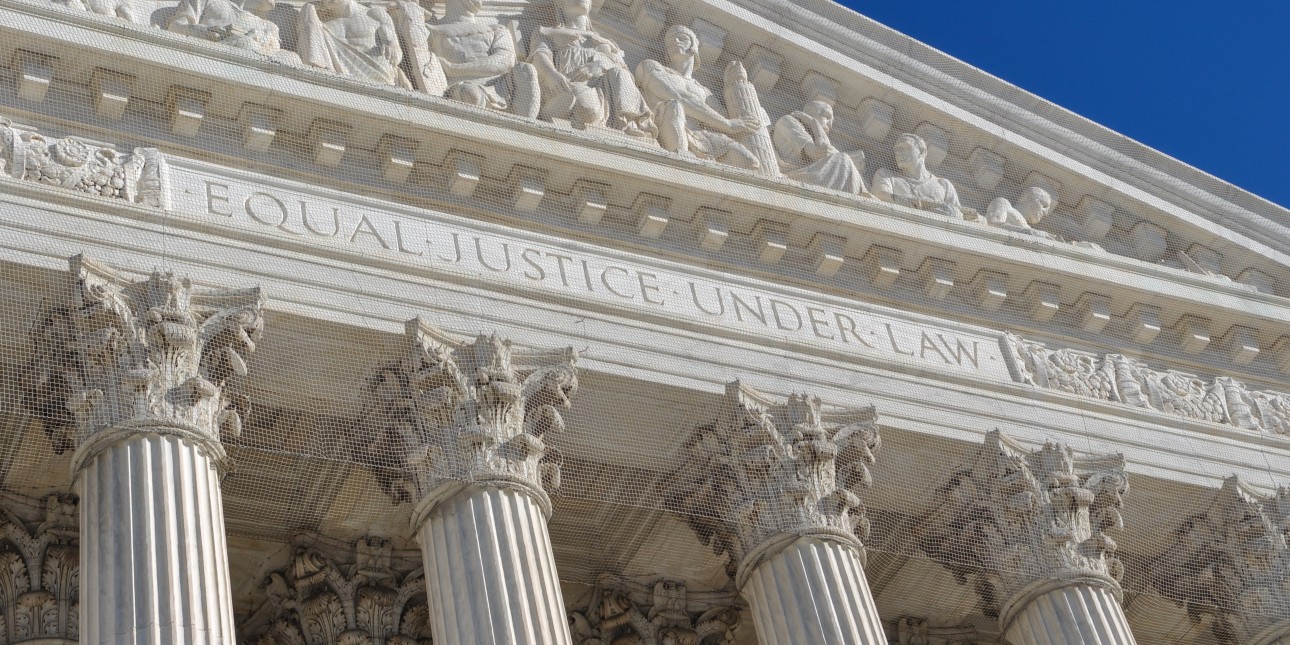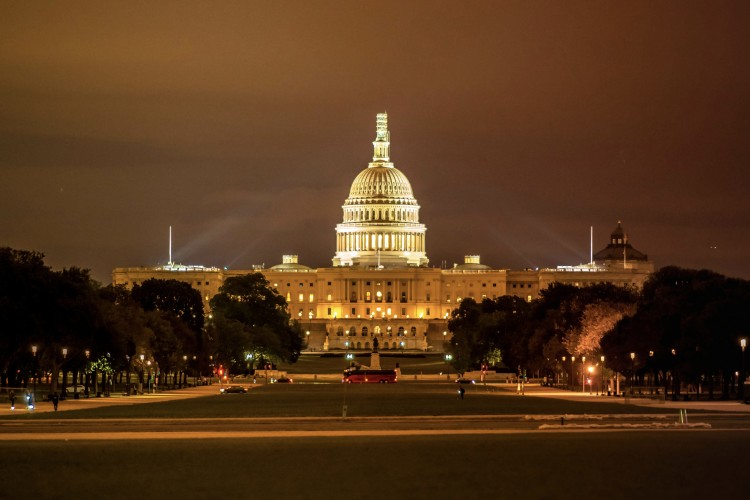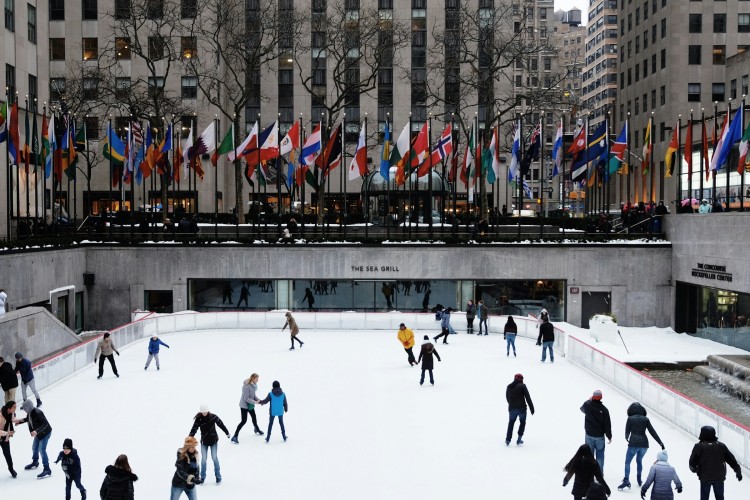Housing Not Handcuffs

Everyone needs access to stable housing, and every person deserves a home. Right now, in many communities across the country, we are not willing to provide this very basic right to safe and stable housing, or minimally, safe and appropriate shelter. As a result, people end up housing insecure and many times, homeless.
Youth and young adults are no exception.
On April 22, 2024, the Supreme Court of the United States will hear the case of Johnson v. Grants Pass, a pivotal case that will determine whether cities can punish people for things like sleeping outside, even when there are no safe shelter options. Grants Pass, Oregon, is just one of many cities across America facing a severe housing shortage, with thousands of housing units below the necessary threshold. That shortfall will not be solved by putting more people in jail or issuing more tickets. The real solution to homelessness is providing everyone with access to safe, quality, and affordable housing.
If the Supreme Court rules in favor of Grants Pass, it will authorize cities and states to punish people forced to sleep outdoors with arrest and steep fines, even when they have no other safe option. This ruling would make homelessness worse and punish people for existing in public spaces.
The impact of criminalizing homelessness will have a detrimental impact on young people. As we now know, millions of young people experience unsheltered homelessness. Chapin Hall’s landmark study, Voices of Youth Count, found that in a year in the United States, 1 in 30 youth aged 13-17 (700,000) and 1 in 10 young adults aged 18-25 (3.5 million) experienced some form of homelessness, with three-quarters of youth and half of young adults explicitly naming being unsheltered homeless. Homelessness disproportionately impacts young people who are Black, Hispanic, American Indian, or Alaska Native; and those who are lesbian, gay, bisexual, or transgender (LGBTQ2S+). Twenty-nine percent of youth experiencing homelessness have been in foster care, and young people experiencing homelessness are disproportionately likely to encounter police and the criminal justice system.
Many young people have little to no legal ability to change the circumstances and systems they are in, based solely on age or background. They experience homelessness and are already criminalized for it. If the Supreme Court sides with Grants Pass, young people will be entrenched in the criminal justice system—impacting their life goals of education, employment, family, and community—only because they had no safe shelter to stay at one point in their lives. This cannot happen in the United States.
As the Supreme Court prepares to hear Johnson v. Grants Pass, it's crucial to emphasize that being homeless is not a crime, and those most vulnerable will bear the brunt of inhumane responses. Instead of punitive measures, let's focus on collaborative efforts to provide housing and support for those in need. Together, we can make a difference and create lasting change.
Taking Action
Join a Youth-focused Amicus Brief by March 27th
Youth Collaboratory is signing on to a youth-focused amicus brief arguing against the criminalization of unhoused young people and in support of Respondents, Johnson, et al., in City of Grants Pass, Oregon v. Johnson, et al. This case is likely to have a far-reaching impact on youth, families, and communities so we urge you to join us in lifting your voice in support.
If you, as an individual, or your organization would like to sign on, please complete this Google Form by Wednesday evening, March 27th.
Rally in D.C. on April 22nd
The National Homelessness Law Center, the National Coalition for the Homeless and a growing list of partners from around the country will rally at the courthouse on the day of the oral arguments. We need your help to show the Supreme Court, Congress, and the media that homelessness is not a crime and that criminalization makes homelessness worse. The only solution to homelessness is ensuring that everyone has a safe and dignified home to sleep in.
The rally will feature homeless activists, organizers, and advocates speaking on the impact of this case and what will happen if the Supreme Court rules in favor of either Johnson or Grants Pass. Learn more about the rally.
More Ways to Get Involved
You can be part of winning this case and building the movement that knows we can only solve homelessness with housing and supportive services. Here are more ways to get involved.


